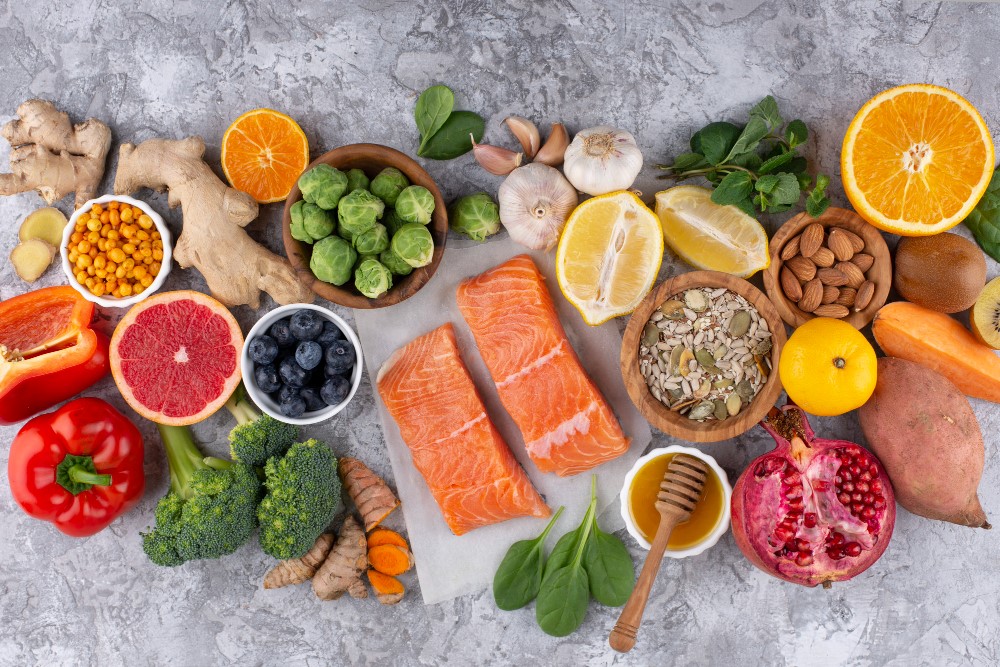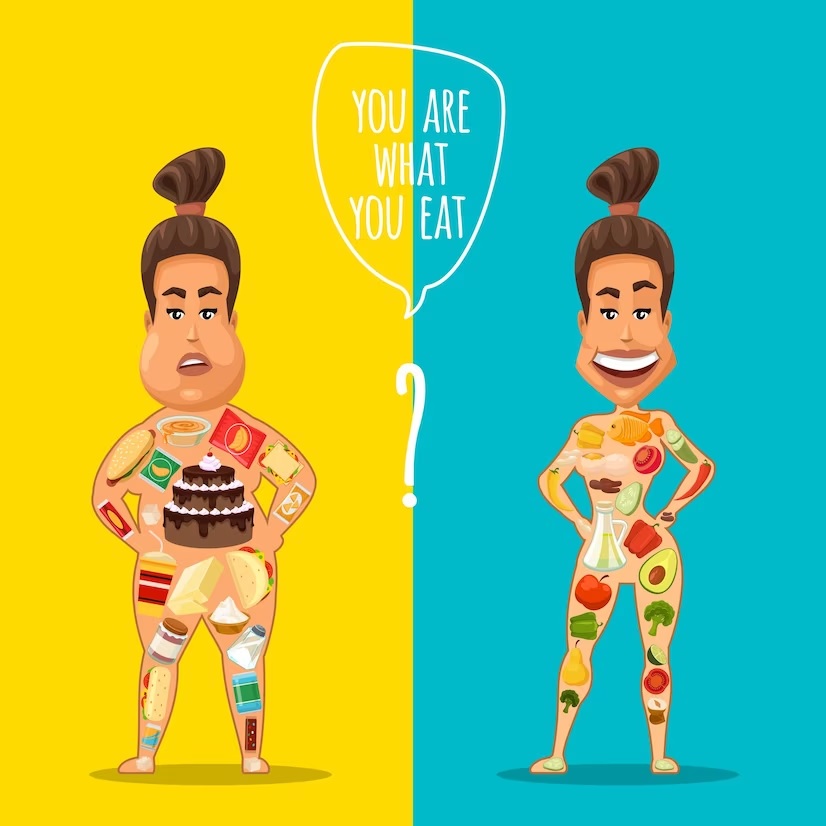Bone Health Matters
Bone Health Matters
One of the visible and often frustrating signs of growing old is that we slow down, get aches and pains in the back and joints, start tripping and falling down.
A fall can often lead to a fracture and misery of becoming a bed ridden person.
This often goes onto mental depression and more misery.
Bone health is crucial to mobility as we age.
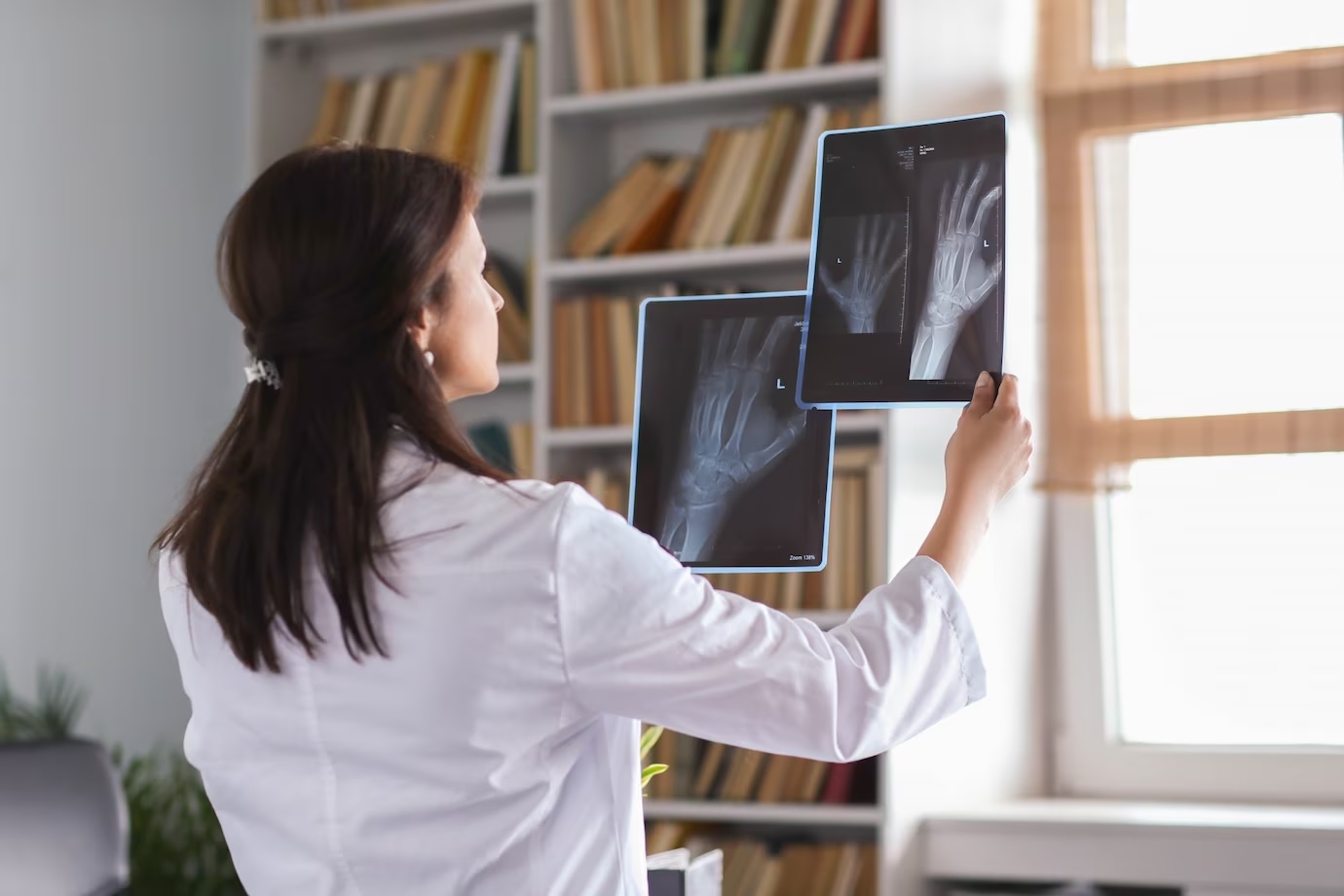
Bone softening or osteoporosis is a natural event but can be kept in check with diet and lifestyle factors which all of us need to know and understand.
Osteoporosis becomes an issue in women after menopause and in men over 70 years.
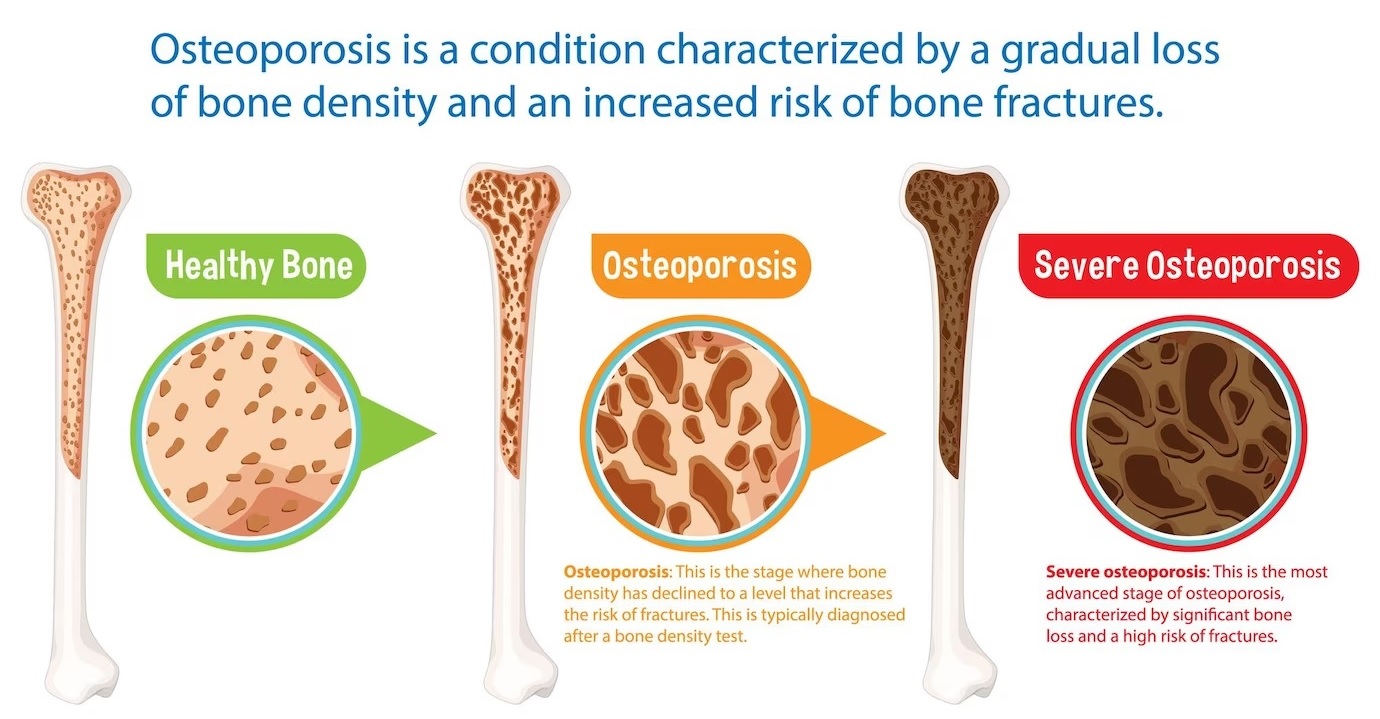
This is because oestrogens the bone protecting hormone dwindles.
There are many other factors like being overweight, having diabetes, thyroid, kidney problems, cancer, arthritis, tobacco and alcohol use - all these accelerate bone loss.
Persons taking steroids are heavily prone for bone loss.
The most common symptoms of osteoporosis are back pain, aches and pains in joints, stooping posture, losing height and the first time many hear about osteoporosis is when there is a fracture after a seemingly minor or trivial fall.
What can you do to maintain bone health.
Regular physical activity is key at all ages especially when you cross 50.
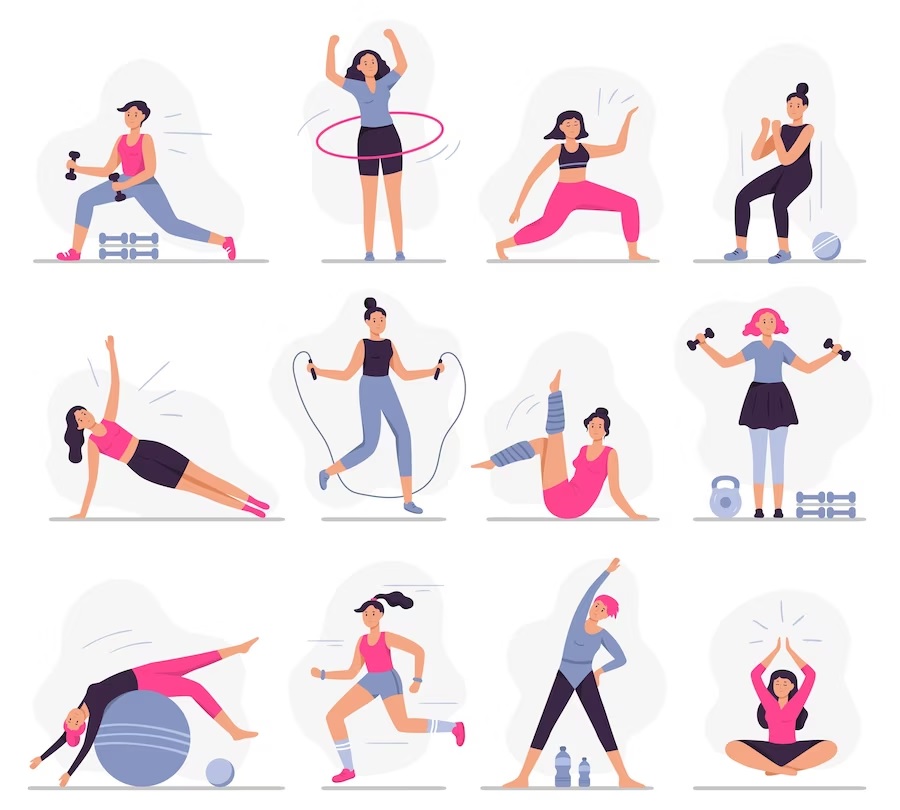
Exercises should include all types of activity from walking, jogging, running, cycling, weight bearing exercise, flexibility inducers like yoga, balance promoters like tai chi and so on.
A rough guide is to do 150 minutes of physical activity a week.
Adequate calcium and calories intake is important.
We need at least 1000 mg calcium daily in our diet and 1500 when we cross age 70.
This can come from food or supplements. Vitamin D helps calcium absorption.
Most Indians have very low vitamin D levels in the body, making us more prone for calcium deficiency.
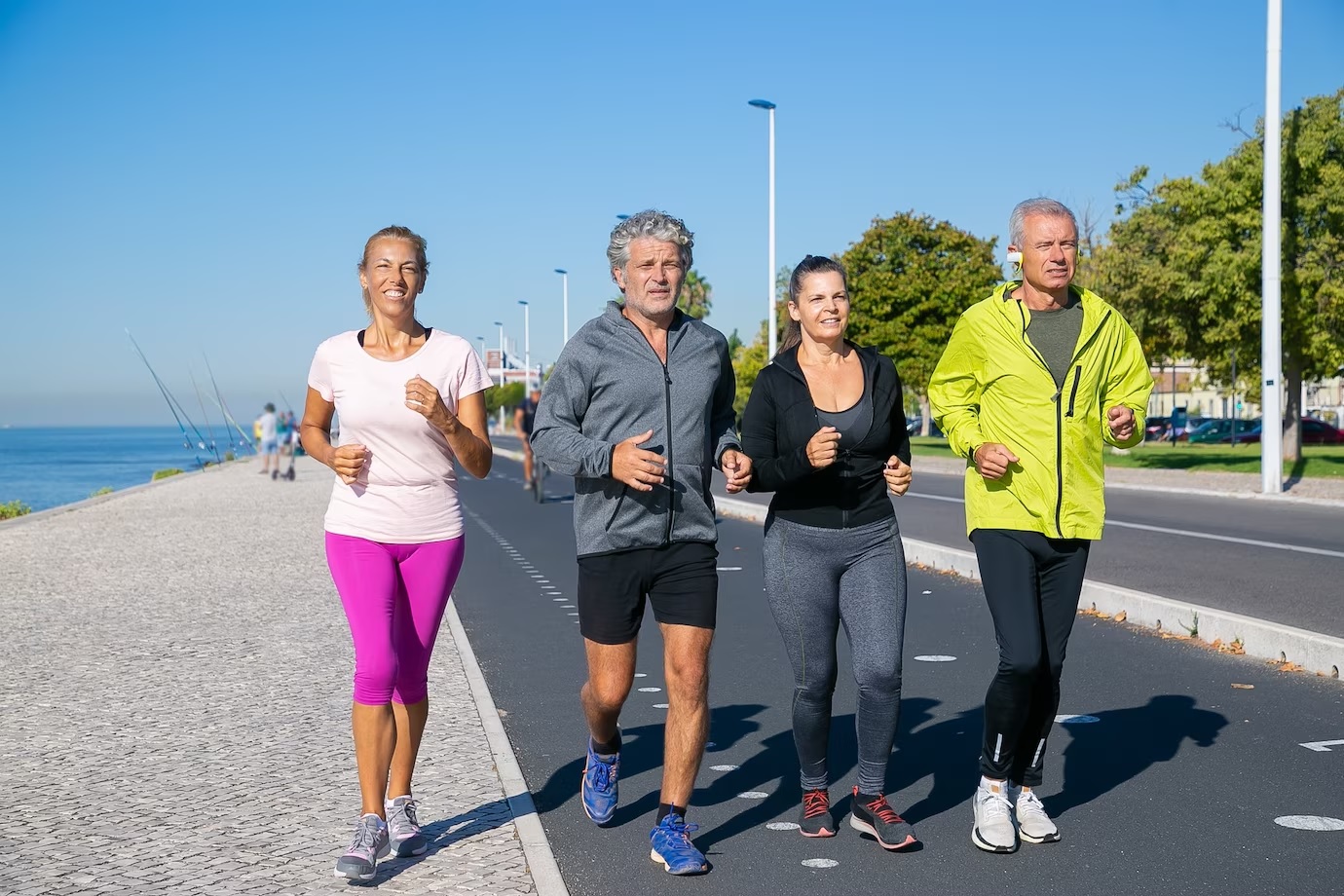
Good exposure to sunlight improves vitamin D formation in the skin.
You can also take tablets of vitamin D once a week for 8 to 12 weeks to increase blood vitamin D levels.
There are injections or tablets of bone tonics called bisphosphonates that help bone strength.
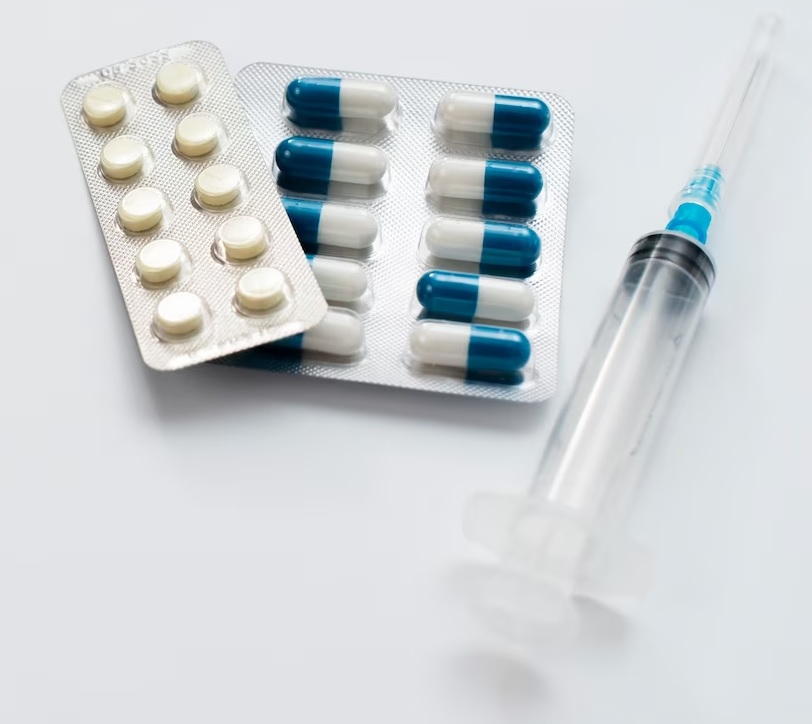
Zoledronic acid every year is useful and an expensive injection Denosumab can be given in severe osteoporosis.
Estrogens as treatment for bone loss is not used because of risk of uterine and breast cancer.
In short being physically active and maintaining a healthy diet will go a long way to promote bone health and prevent painful fractures and the associated misery of surgery and becoming bed ridden in old age.
Keep measuring your vitamin D and calcium levels as you grow older to check your bone health.
BMD or bone mineral density is a useful tool to grade the degree of osteoporosis and to get advice on corrective measures.
Related articles
Article Links
Introduction to Blood Vaccinations In Adults Lessons From The Covid-19 Pandemic Anemia in a Nutshell Iron Deficiency Anemia Anemia is not always a simple problem Aplastic Anemia Sickle Cell Anemia Nutrition and Anemia Pregnancy and Anemia Diet and Anemia Bone Health Matters Blood Problems From Birth Curable Cancers Are There Cancer in Children Blood Cancer Blood Cancer in Children Why Do Some People Bleed More? Know Your Platelets Platelet Problems When Blood Clots Too Much Thalassemia In India Stem Cell Therapy More About Stem Cell Therapy Stem Cell Treatments : Facts Should You Store Baby’s Cord Cells? What Is Bone Marrow Test? All You Wanted To Know About A Bone Marrow Test Blood Donation : The gift of life Preventive Check Ups: Of Course Or May Be?Related articles
The vast majority of anemias all over the world are due to iron deficiency.
Cooking food in iron vessels can give you lot of iron.
A good balanced diet is essential to prevent anemia. Pure vegetarians especially those who eat more rice and less vegetables get more anemias.
